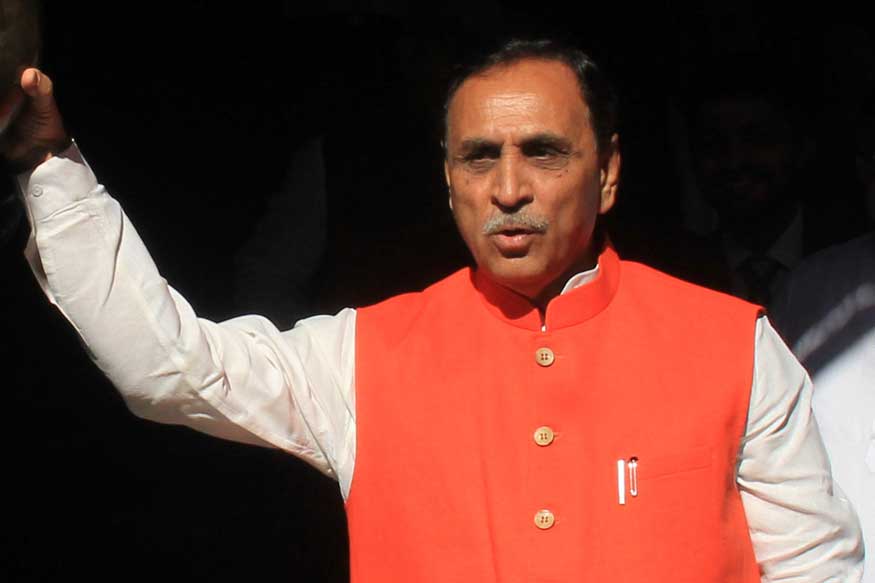In what can only be described as a historic move, the Gujarat government is all set to become the first state to provide 10% reservation in jobs and educational institutions to the economically weaker sections in the general category. Gujarat CM Vijay Rupani said that the state would implement the Constitution (103 Amendment) Act, 2019, from Monday, i.e. today.
This development came a day after President Ram Nath Kovind gave his assent to the bill that provides for 10% reservation to the economically weaker sections in the general category. This will be provided over and above the 50 per cent reservation that is extended to the Scheduled Castes, Scheduled Tribes, and Other Backward Classes. The Bill was first passed by the Lok Sabha and then by the Rajya Sabha.
Earlier in 2016, Gujarat government with Anandiben Patel at the helm of affairs had announced a similar 10% quota for economically backward sections among the upper castes. However, the Gujarat High Court quashed a government ordinance and held that no quota could be provided on the basis of the economic criteria because the same was not provided under the Constitution of India. In fact, in 1993 itself, the Supreme Court had laid down that reservation could only be allowed on “ground of social and educational backwardness and not poverty per se.”
The position has, however, completely changed after the recent amendment to the Constitution. As far as the hurdle in providing reservation solely on the basis of economic criterion is concerned, it is important to keep in mind that in all previous attempts at providing reservation to the economically weaker sections, the Constitution had been left unamended. The Narasimha Rao government had issued an Office Memoranda (OM) which had provided for 10% reservation for economically backward classes among higher classes. However, the decision failed to stand the judicial scrutiny. The Supreme Court had struck down the said Office Memoranda observing that to identify backward classes solely with reference of the economic status of the citizens would defeat the very object of Article 16 (4) of the Constitution.
However, now that the Constitution has been amended, there is a legitimate source of providing reservation to such economically weaker class of citizens by way of statutory provisions or administrative notifications. And as such with the amended Constitution, there is a strong constitutional basis behind any provision that creates a quota for the economically weaker sections in the general category. Modi government has completely changed the position as it stood till now and this would go a long way in correcting gross injustice to the unprivileged sections that were till date denied an opportunity of upliftment because there was no constitutional provision mandating the same. Gujarat government deserves to be applauded for immediately following up on the historical development.
The new law has been challenged before the Apex Court by Youth for Equality, an organisation opposing caste-based reservation. However, given that the Constitution itself has been amended and the legislature has been adequately equipped to provide reservation to the economically weaker sections in the general category, the law will in all probability, stand judicial scrutiny. The decision by the Gujarat government, therefore, marks the advent of a new era.
